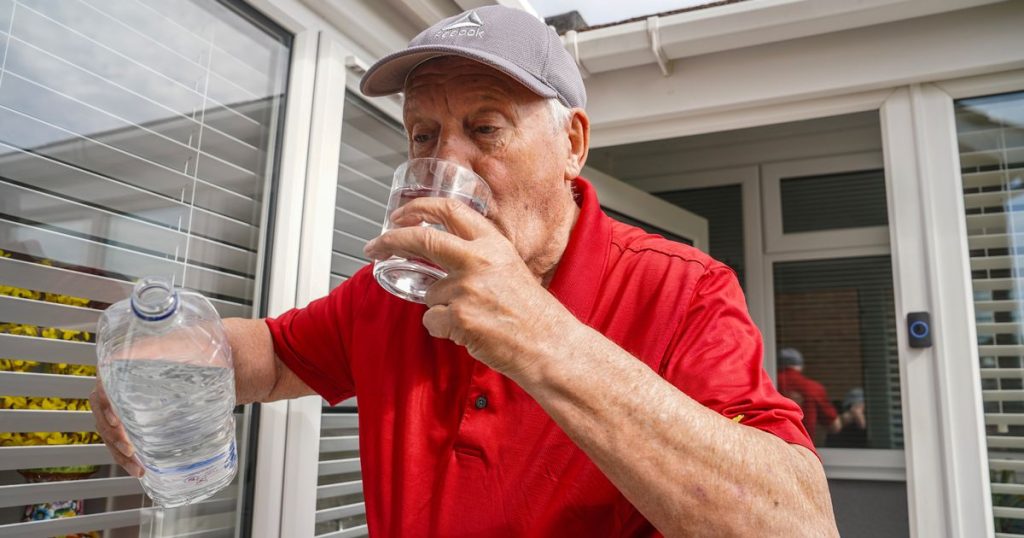South West Water has announced that thousands of households in the Brixham area of Devon can now safely drink tap water following a cryptosporidium outbreak. Around 14,500 households in the Alston supply area have been given the all-clear to use their tap water, while 2,500 properties in Hillhead, upper parts of Brixham, and Kingswear are still advised to boil their water before drinking it. The decision was made in consultation with the UK Health Security Agency and the local authority’s environmental health department. This comes after a significant increase in cryptosporidium cases, with the UKHSA reporting that cases had doubled to 46. South West Water’s chief customer officer, Laura Flowerdew, expressed regret over the situation and assured customers of ongoing efforts to resolve it.
Conservative MP Anthony Mangnall has pledged to work with national and local authorities to support residents affected by the outbreak in the Brixham area. He plans to liaise with various organizations including the Department for Health and Social Care, the Department for Environment, Food and Rural Affairs, Torbay Council, South Hams District Council, and Brixham Town Council. Mangnall emphasized the need for clear answers about the cause of the outbreak and for South West Water to reassure the public about the safety of the water network. Despite the disruption caused by the incident, he assured residents and visitors that Brixham, along with the rest of Torbay and South Devon, remains open for business.
The presence of cryptosporidium in the water supply has resulted in 46 confirmed cases of the infection, with an additional 100 individuals reporting similar symptoms in the Brixham area. Further investigations are ongoing to determine the full extent of the outbreak, as more cases are anticipated. There have also been reports of diarrhea and vomiting among residents and visitors in Brixham, prompting additional scrutiny. The UKHSA is actively monitoring the situation, with the previous update confirming 22 cases of the parasite infection. Efforts are underway to provide necessary medical support and prevent further spread of the illness.
In response to the cryptosporidium outbreak, measures have been taken to drain a major water tank reservoir after identifying the source of the contamination. This action is part of broader efforts aimed at eliminating the parasite from the water supply and ensuring the safety of residents. Additionally, South West Water is engaging with public health experts and local authorities to coordinate an effective response to the situation. The implementation of these measures is crucial in restoring public confidence in the water supply system and preventing future outbreaks of waterborne diseases.
As part of ongoing efforts to address the issue, South West Water has urged affected customers in Hillhead, upper parts of Brixham, and Kingswear to continue boiling their tap water before consumption. The company has provided resources for individuals to check if their area is still affected by the boil water notice. The transparency and information-sharing by South West Water are essential in keeping the public informed and maintaining accountability for the situation. By working closely with relevant authorities and taking proactive steps, South West Water aims to mitigate the impact of the cryptosporidium outbreak and ensure a safe water supply for all residents in the affected areas.
The cryptosporidium outbreak highlights the importance of water safety and the need for proactive monitoring of water quality to prevent similar incidents in the future. Public health agencies like the UKHSA play a critical role in responding to outbreaks and ensuring the well-being of communities. By addressing the root causes of the contamination, implementing containment measures, and providing timely updates to the public, authorities can effectively manage such health threats. The collaboration between water utilities, health agencies, and local authorities is essential in safeguarding public health and maintaining the quality of drinking water sources.


